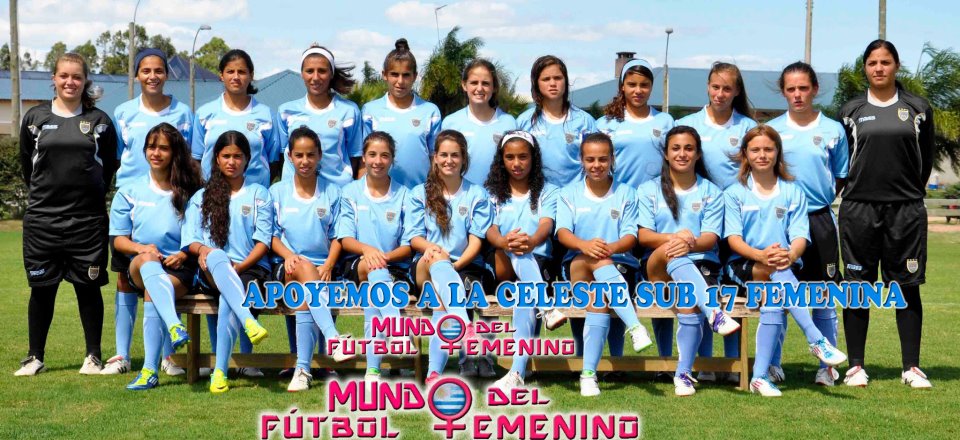Category: Players
Lebanon United?
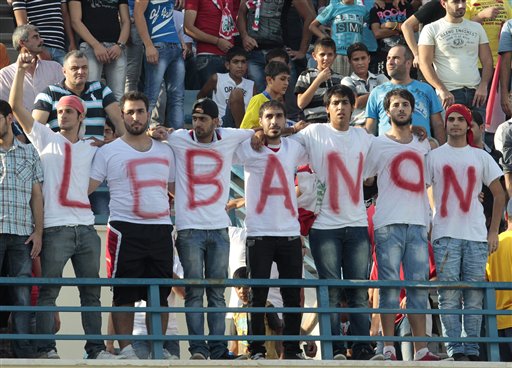
“Every Saturday was derby day in Lebanon,” noted James Montague’s football travelogue When Friday Comes, “where Sunni met Shia, Shia met Druze, Christian met Muslim. Violence was inevitable.” In an article in today’s New York Times, Montague revisits football in Lebanon. The article casts a spotlight on Theo Bücker, the German coach of Lebanon’s national team, on the eve of the biggest game in Lebanon’s history: a World Cup qualifier against the United Arab Emirates. Needing a single point to earn a place in the final stage of the Asian Confederation 2014 World Cup qualifying round, Lebanon rallied around the team.
I don’t care if someone is Christian or a Muslim,” Bücker said. “There are only good and bad football players, that is all.” He goes on to add with the confidence typical of outsiders: “The Lebanese are tired of all the problems of the past . . . They are happy that this is uniting them.” In the end, UAE won 4-2, but Lebanon still managed to move on to the final ten.
Read the NYT article here.
Further Reading:
Danyel Reiche, “War Minus the Shooting? The politics of sport in Lebanon as a unique case in comparative politics,” Third World Quarterly, 32, 2 (2011): 261-277.

Professional soccer in the U.S.A. took center stage at the Football Scholars Forum on Friday (Feb. 24). Ray Hudson not only braved the “football think-tank,” but also answered questions in the inimitable style he brings to broadcasting a Clásico on GolTV.
Using the documentary film Once in a Lifetime: The Extraordinary Story of the New York Cosmos, FSF discussed Cosmos and the NASL, as well as the representation and construction of history on film. “We had it all, man!” said Hudson looking back fondly to his playing days with the Ft. Lauderdale Strikers. The audio recording of the conversation is here.
FSF is holding its next online session on March 16, 2pm EST. Author David Goldblatt will be in East Lansing, Michigan, to discuss the second half of his book, The Ball is Round. FSF’s discussion of the first installment is here. For more information, contact Alex Galarza: galarza1[AT]msu[DOT]edu
The Brzeziner Sports Club
Holocaust Memorial Day — a day to remember those who soon after never played or saw another football match. 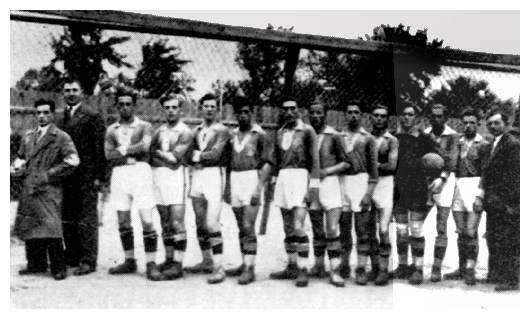
“It is overtaken by the center forward who gives it, blitz-shnel, over to the right wing. He carries it all the way to the corner, centers it, and, with the power of a bomb, it is driven into the opponent’s net. A wild, triumphant shout rips out of hundreds of breasts. The match is really lost, but our honor is rescued.
The sun has finally gone down behind the meadows when the dense masses reach Nowe Miasto. A cool evening breeze caresses and cools the agitated crowd. The church bells have rung. Through the windows that blaze in shining purple from the setting sun is heard the sweetly sung nign of “God of Abraham”, a woman’s prayer marking the end of the Sabbath.
By the time the crowd reaches the marketplace, the first stars are already twinkling. Some go home, a number go to daven, the weekly mayrev; others go to the bar at Szotenberg’s, where, with a glass of beer or tea, they soberly analyze the lost match.”
Excerpt by Abe Rosenberg.
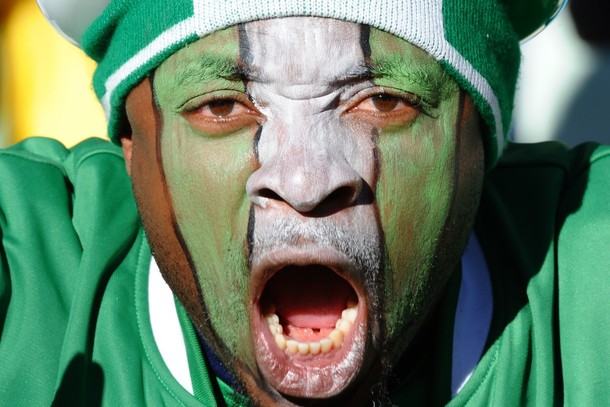
The Times (London), January 25, 2012
By Matthew Syed
It is no coincidence that Alex Salmond, the wily and rather combative leader of the SNP, is fighting to hold the referendum on Scottish independence in 2014. This, of course, is partly to do with the anniversary of the Battle of Bannock-burn, where the Scots gave the English a bit of a kicking in the First War of Scottish Independence.
But, perhaps even more significantly, it is also about the Commonwealth Games in Glasgow and a recognition that the patriotism that invariably surrounds great sporting occasions could lend the campaign for secession unstoppable momentum. No wonder David Cameron wants to hold the referendum early.
Few politicians, let alone sports fans, have failed to recognise the curious alchemy of events such as the Commonwealth Games, not to mention the Olympics and World Cup. It is not just the anthem-singing and the flag-waving, but a sense of unity that is conspicuous by its absence at just about any other time in national life – with the possible exception of a royal wedding.
We are divided by religion, by political affiliation, by cultural allegiance and by our attitudes to Simon Cowell but, when David Beckham is charging around against Greece, or Sally Gunnell is leaping around Montjuic, or Tim Henman is getting edgy against Pete Sampras in SW19, we are bound up in a shared national story. Look hard and you can almost see the pages moving.
In this sense the Africa Cup of Nations, which started at the weekend, is perhaps the most important sporting event in the world. Not in terms of the football, of course – although the European club stars who return home to represent their homelands lend stardust to an event that improves in quality with each incarnation – but rather in terms of the politics of identity. As the players of Niger and Libya and Equatorial Guinea cruise around the pitch, you can see history in the making.
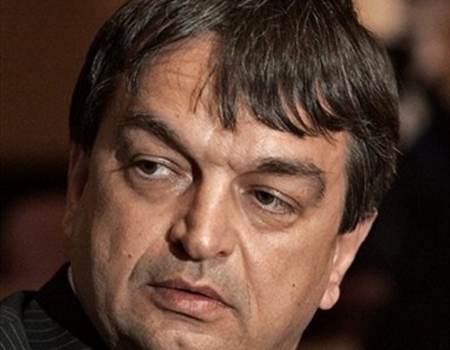
By Andreas Selliaas in Norway (translated by Pelle Kvalsund)
The day after. Sunday 15 January, 2012, I received an email from the former director of FIFA’s international operations, Jerome Champagne. Receiving the e-mail on that particular Sunday was a bit odd since I had been to a champagne party the night before and the desire for something that had to do with champagne was very minimal. Attached to Mr. Champagne’s e-mail were three documents: a 25-page memo on how Champagne wants to reform FIFA, a press release from FIFA in 2010 on Champagne’s departure from FIFA, and a newspaper article from Le Monde the week before where Champagnes outlines the main points in the lengthy memo. The same e-mail was sent to all 208 members of FIFA and people attending the Play the Game conference in Cologne in October 2011. The memo is interesting in several respects.
Spotlight on African Coaches: Part 2
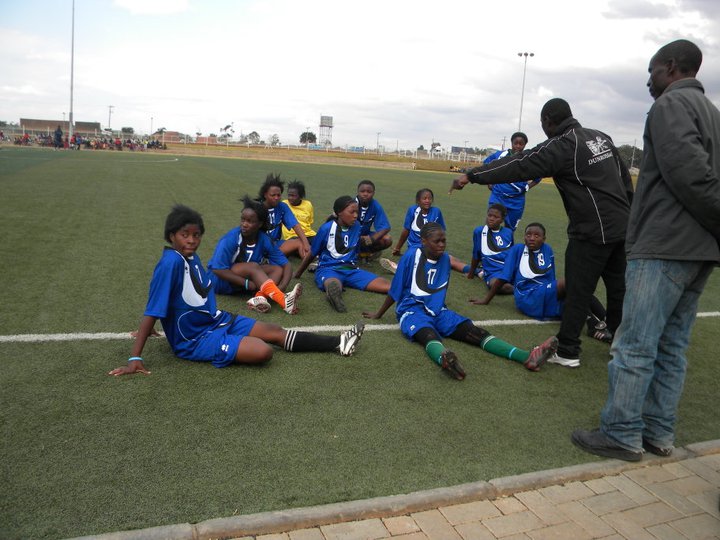
Photo: Breakthrough Chiparamba girls football team, 20 July, 2011, Olympic Youth Development Center, Lusaka, Zambia. Courtesy of Hikabwa Chipande.
Training and Developing Coaches in Southern Africa: Licensing and Administration
Guest Post by Hikabwa Decius Chipande (@HikabwaChipande)
Football is the most popular sport in southern Africa but there are few qualified coaches at all levels. Prior to 2010 most top league clubs in southern Africa were coached by people without even a basic qualification.
One major problem is that Southern African countries have a haphazard approach to coach education. What had been happening until recently was that any person could come to the region, conduct a coaching course for a few days, and declare the participants as coaches with questionable certificates of limited value. It has been, therefore, very difficult to know the actual capabilities of local coaches and their qualifications because there had been no set benchmarks. South Africa is an exception in that it has the South African Qualification Authority (SAQA), although its effectiveness remains debatable.
